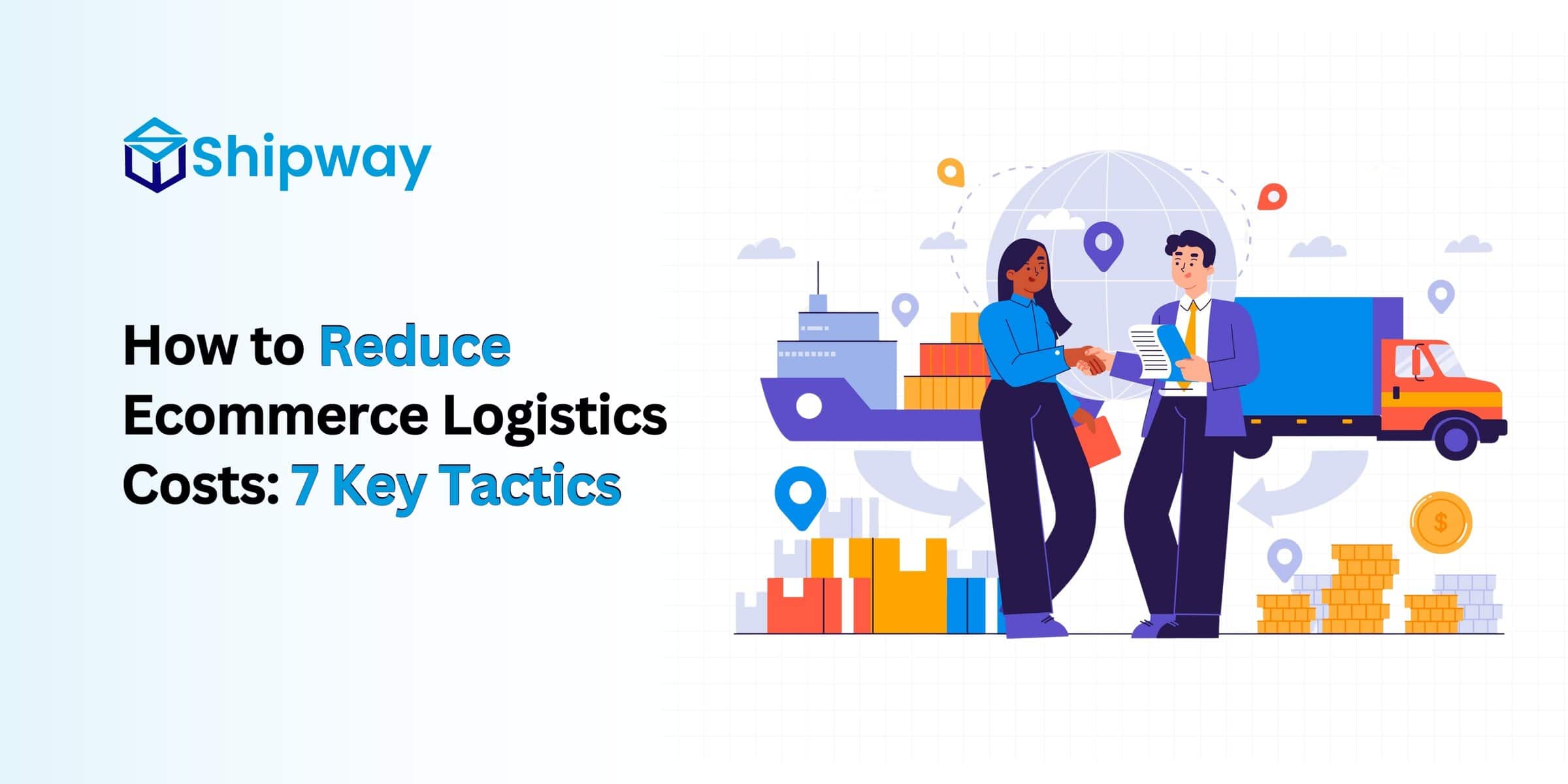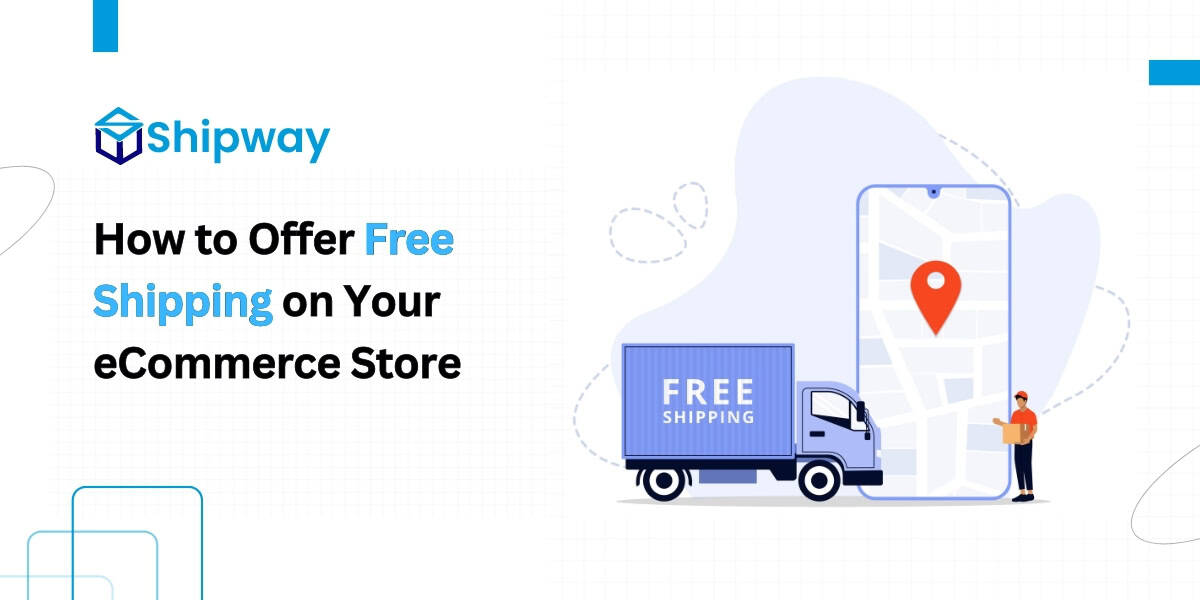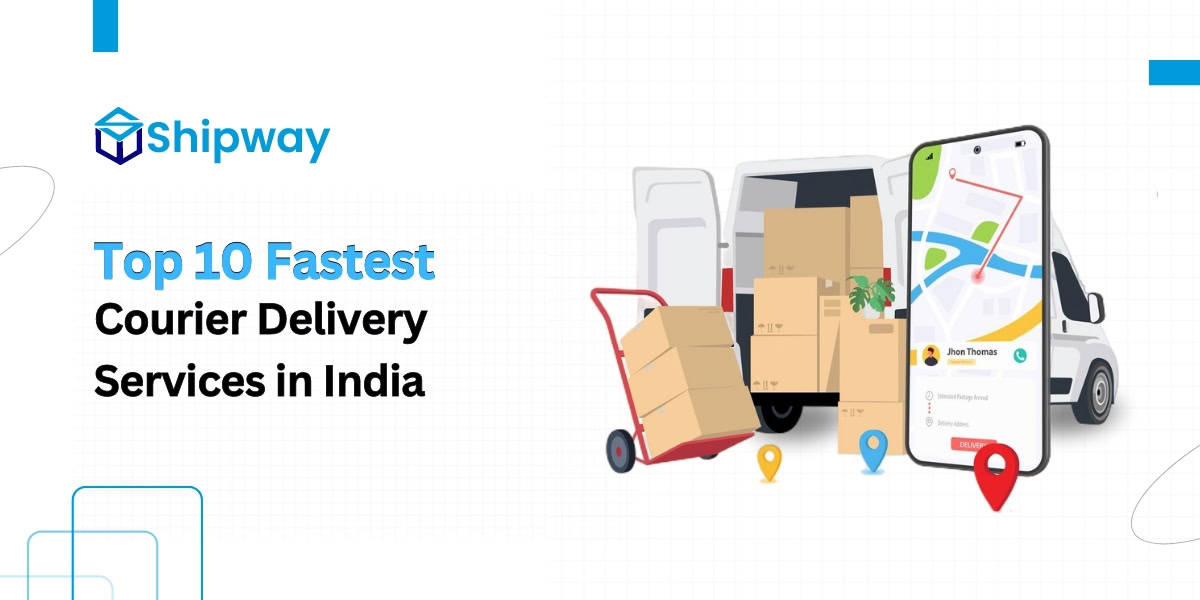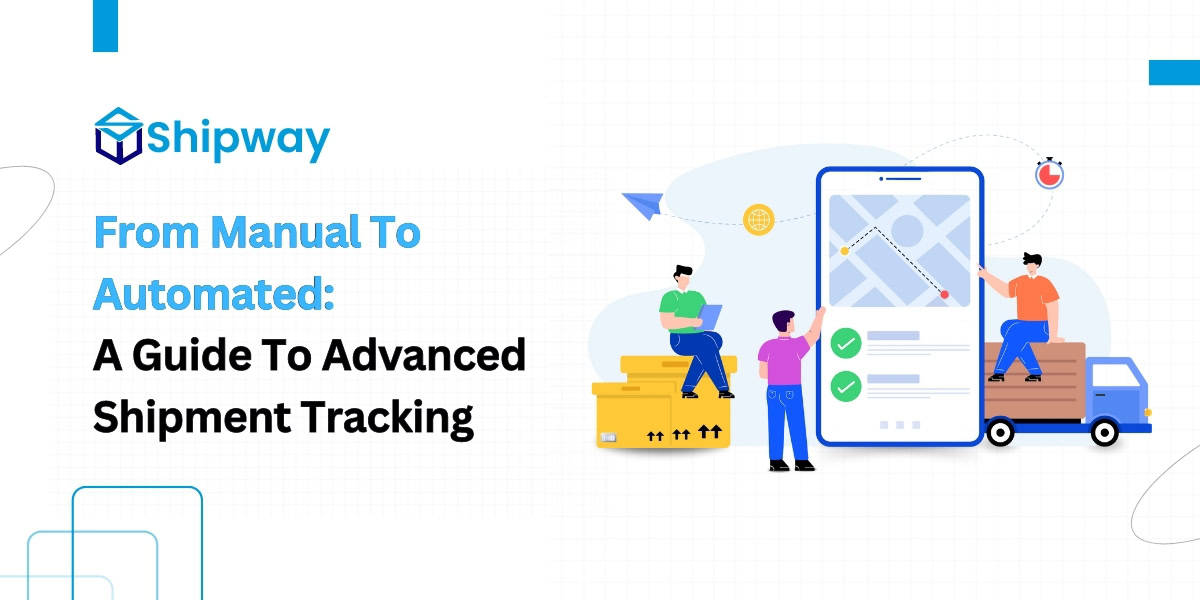Managing the overall logistics costs and maximizing profitability are the most important objectives for success and sustainability. Every business wants to maximize its profit margins while maintaining the quality of service.
But the modern ecommerce logistics industry presents a wide range of business challenges like hidden costs & sudden increases in expenses, returns, customer experience, and many others. This presents a financial burden on online businesses and e-retailers.
The various connected costs include order management, packaging, fuel surcharges, cash on delivery, express delivery, parcel/courier insurance, failed delivery, tracking, and numerous other shipping-related expenses.
Due to the rising demand for online order fulfillment, an e-commerce business’s ability to efficiently manage its overall logistical expenditures is just as important to its success as customer satisfaction. Therefore, to maintain a competitive edge it is critical to use various strategies that help reduce shipping costs and increase overall business efficiency.
In this blog, we have listed some cost-effective ways that can help you to reduce the eCommerce shipping cost and further grow your business.
Selecting the best shipping partner for your business

Choosing the right logistic partner is one of the essential steps to ensure the timely delivery of orders. While finalizing a logistics company, it is crucial to properly discuss all associated logistics costs, including the packaging fees, insurance, labor & handling charges, delivery costs, etc. This is one of the key techniques that can help in securing the lowest possible rates for the required logistics services
Minimizing Shipping Delays

Reducing shipping delays is crucial for optimizing logistics costs and improving overall operational efficiency in online businesses. Delays in shipping not only result in dissatisfied customers; but also incur additional expenses. This includes storage fees, transportation costs, and potential loss of sales.
After properly implementing the right strategies to minimize shipping delays, businesses can properly lower their unnecessary costs. You can try efficient order processing, inventory management, strategic warehouse placement, carrier selection and negotiation, real-time tracking and monitoring, & proactive issue resolution to reduce shipment delays and reduce the overall associated shipping costs.
Managing Stuck Shipments

Another frequent reason for shipping delivery problems is stuck shipments, which can occasionally result in higher logistics expenses. After properly establishing the right system to identify and track the stuck shipment, an e-commerce business can easily collaborate with the right logistics partner to understand the main causes and implement the right strategy to minimize them. This will help you reduce the stuck shipments and optimize your eCommerce shipping costs.
Reducing Return-to-Origin (RTO) Rates

Return to Origin (RTO) is one of the most common problems for any online or e-commerce business. RTO can dramatically increase logistics costs and badly impact the overall business. A higher RTO rate can affect the operational and associated shipping costs.
To solve this and reduce return rates, a business needs to use advanced B2B Logistics Software for the NDR management (non-delivery report) like Shipway. It uses artificial intelligence & machine learning to optimize the delivery process, minimizing failed delivery attempts while addressing the main cause of returns like fraudulent delivery attempts or incorrect customer information. The use of NDR management software is an ideal option to reduce the logistics costs for an online business.
Optimizing Returns Processes

Effective reverse logistics management is essential for reducing costs associated with order returns. A business can minimize losses and enhance the overall efficiency in handling returns by partnering with top-rated logistics providers that are well-equipped with advanced returns management systems and quality control checkpoints. This includes doorstep quality checks and tracking returned orders to ensure a safe return to inventory.
Close Monitoring of KPIs

Optimizing e-commerce logistics costs requires close tracking, monitoring, and measurement of key performance indicators (KPIs) like SLA breaches, RTO percentage, fake delivery attempts, stuck shipments and delayed shipments. An ecommerce business should closely monitor these key metrics to identify areas for improvement and optimize its logistics operations accordingly.
Negotiating With Courier Partners

Regular communication and performance reviews with the different types of logistics partners are essential for optimizing the shipping costs and making a long-term collaboration. After renegotiating contracts based on performance targets and establishing penalties for non-compliance, an online business can incentivize adherence to agreed-upon KPIs. They can also negotiate for better rates or payment options based on increased volumes.
How does Shipway help e-commerce businesses reduce logistics costs?
Shipway is a leading shipping aggregator in India that helps e-commerce businesses easily reduce logistics costs by offering several key features and functionalities.
1. Automated Tracking and Notifications: Shipway helps both the eCommerce business and the customer by sending real-time automated tracking updates and notifications. This keeps the customers informed about their refund status in real-time. It further helps the business reduce the number of customer inquiries and support requests. This automation saves time and resources for customer support teams, increasing cost savings.
2. Improved Operational Efficiency: Shipway handles the complete order fulfillment process by centralizing all processes under one platform. It offers features such as order sync from multiple platforms, bulk label generation, packaging recommendations, and AI-based courier selection. This helps the online store & businesses efficiently manage large volumes of orders with minimal manual intervention. It further improves operational efficiency and helps reduce errors and costs associated with order fulfillment.
3. Reduced Shipping Errors and Disputes: The Shipway branded tracking page allows customers to raise a delivery dispute which helps businesses minimize the different types of shipping errors made by delivery partners. It also provides better visibility into the undelivered orders. This approach helps prevent costly disputes and chargebacks associated with order delivery.
4. NDR Management Panel: With Shipway’s NDR Management Panel, you can get all your non-delivery reports in one place and connect with your customers to verify whether they want a delivery re-attempt and their preferred delivery date. This helps in reducing the delivery re-attempt costs and inventory blockage.
5. Return Automation: With a robust Returns Automation Solution, Shipway empowers online businesses to tackle the costs related to returns efficiently. Packed with features like exchange with similar products or alternative products, refunds with store credits, quality checks at return pickups and tracking, Shipway helps the brand retain its customers and provide a hassle-free experience.
Conclusion
Finally, facing the complexities of eCommerce logistics costs requires a multi-fold approach that aims at balancing operational efficiency with customer satisfaction. After using the right discussed strategies such as NDR management, returns handling, stuck shipment handling, etc. online businesses can reduce the shipping costs while improving the overall customer experience.
By prioritizing these cost-effective shipping practices & partnering with Shipway, any online retailer or business can easily reduce their logistics cost and drive business growth.
You may also like...
How To Implement Free Shipping On Your eCommerce Store?
There are times in the eCommerce business when a lack of a free delivery option at the checkout step results in a negative experience for online...
read moreTop 10 Fastest Courier Delivery Services in India
When integrating with courier partners, it's crucial to consider several factors before selecting a shipping service provider. Orders may be placed...
read moreThe Ultimate Guide to Automated Shipment Tracking in 2024
Managing shipments across multiple stores and platforms can be daunting and time-consuming. Tracking shipment statuses across various carriers...
read more





